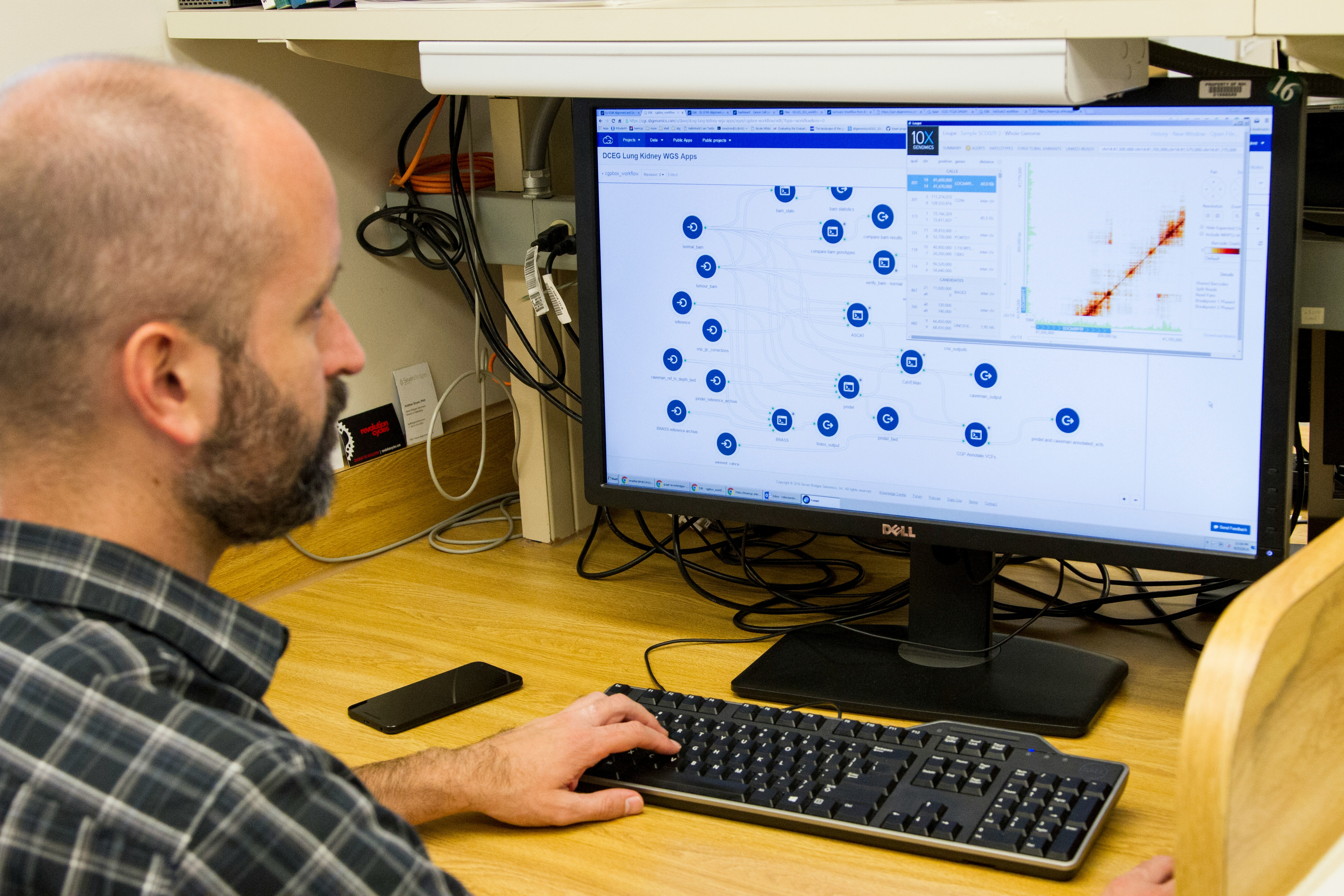Research into the genetic causes of severe mental illness (SMI) might offer new ways of understanding and addressing these complex conditions.
A new study co-led by our director Professor Andrew McIntosh uses genetics to help us better understand major depression, and could lead to new treatments in the future.
New genes linked to major depression
Previous research for depression has focused primarily on white populations descended from people living in Europe. But we know SMI affects people from all ethnicities. This means the treatments developed using genetic approaches may not be effective for everyone.
Depression is characterised by persistent low mood, loss of interest, fatigue, trouble concentrating, changes in sleep or appetite, and feelings of worthlessness. Major depression is when the condition is either treatment-resistant, or where the person also experiences psychotic symptoms. Research suggests a combination of factors, including genetics, can increase risk of developing major depression.
A recent study led by colleagues from The University of Edinburgh and King’s College London looked at genetic data from around 700,000 people with major depression. They examined the genetic variations found in their DNA and whether there was any association with major depression, by comparing with 4.3 million people who did not have the condition.
Genetic variations are small differences in our DNA sequence. Some genetic variations can increase our risk of developing certain conditions, including SMI.
The study revealed nearly 300 previously unknown genetic links to depression. Many were linked to a type of brain cell, neurons. Importantly, nearly 100 new genetic variations were identified due to the inclusion of people of African, East Asian, Hispanic and South Asian descent.

Why is this important?
This means researchers have hundreds of new genes to investigate further as potential starting points for finding new treatments, though more research will be needed.
This is the world’s largest and most diverse genetic study ever into major depression. Many of the other investigators involved are also current members of the Mental Health Platform. One key message from this study, and from similar work in schizophrenia and bipolar disorder, is that substantial progress can be made when scientists collaborate and share data and their expertise.
Andrew, who co-led the study, says:
“There are huge gaps in our understanding of clinical depression that limit opportunities to improve outcomes for those affected. Larger and more globally representative studies are vital to provide the insights needed to develop new and better therapies, and prevent illness in those at higher risk of developing the condition.”

Current treatments for SMI don’t always work for everyone. To find new effective treatments, one of the things we need is to understand better is the genetics of SMI.
For example, a person with SMI may have a genetic variation which causes over- or under-production of a protein in the body. This difference may lead to symptoms of SMI. So, a drug treatment might act on the gene and change the level of this protein to alleviate the symptom. You might hear this gene or protein called “a drug target”.
What’s next?
At the MHP we’re starting to have conversations with organisations such as the Medicines Discovery Catapult (MDC) to bring together people from industry, academia and those with lived experience of SMI. This unique opportunity for collaboration means we could build on new research like this study to identify new drug targets.
There’s potential for trusted industry partners to use their expertise in drug development to develop new treatments. Many individuals still struggle with symptoms that resist current treatment, so we need more research like this into factors such as genetic causes to find new treatments for SMI.


